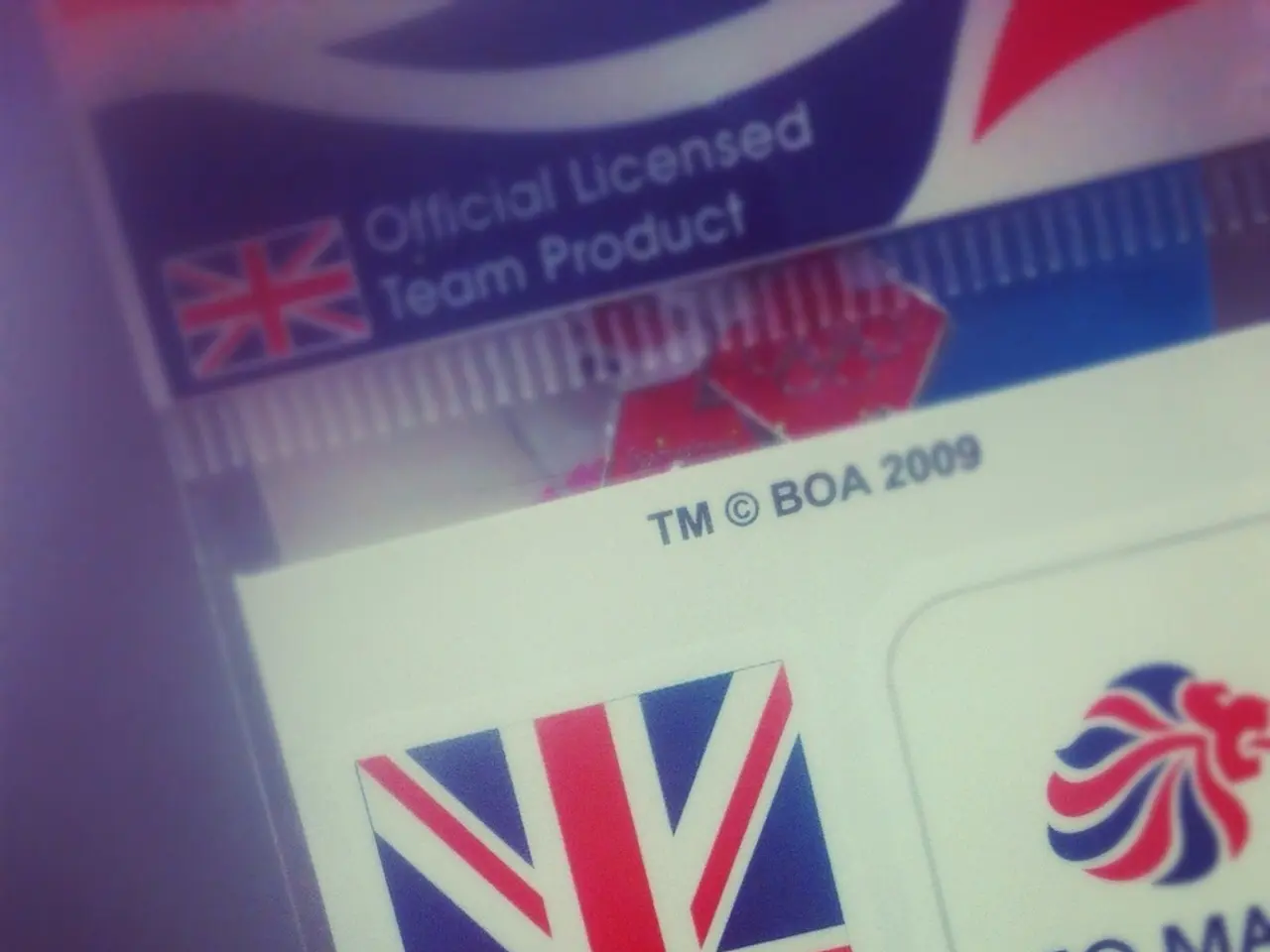Executive Directive Prioritizing Secure and Shielded Digital Identity Management under Biden's Administration
The Biden administration's January 2025 executive order rekindled discussions about digital identity, particularly mobile driver's licenses (mDLs), but took only modest actions, encouraging rather than requiring agencies to use digital identity documents for government benefit programs that require verification [1]. The order did not commit the federal government to developing digital identity infrastructure, nor did it specify where interoperable digital IDs for government use might originate [1].
In the absence of a cohesive federal strategy, initiatives have continued at the state level, with several states issuing or testing mDLs [1][3]. The General Services Administration (GSA) has identified mDLs as “the future of digital identity verification,” emphasizing their potential to improve user experience, reduce fraud, and strengthen privacy and security [3]. However, the lack of federal coordination risks fragmented adoption, which could undermine interoperability and the ability to counteract fraud at scale [3].
Industry and standards bodies, including Apple and Google, are advancing specifications for privacy-preserving digital identity under the W3C, with a focus on minimal data collection and user control over what information is shared [2]. Early adopters include banks seeking streamlined onboarding (KYC), but broader use cases—such as age verification for online content or alcohol purchases—are being explored [2]. Biometric authentication (e.g., Apple Wallet) and user-agent-mediated data sharing are seen as promising approaches to preserve privacy while enabling secure, convenient verification [2].
The order also encourages cooperation between federal agencies and private sector partners to detect fraudulent activity early using advanced machine learning algorithms. Uncertainty remains over whether these initiatives will be upheld, expanded, or withdrawn by the incoming administration, as cybersecurity threats continue to evolve and the need for robust digital identity systems remains critical.
Several states, including Arizona, Maryland, and Colorado, have pilot programs showcasing the potential of mDLs in enhancing user experience and privacy through selective disclosure [4]. To effectively tackle these issues, the U.S. needs comprehensive federal data privacy and digital identity laws that prioritize the rights of individuals, including data privacy protection, digital identity standards, protection against AI misuse, restrictions on data brokers, and international standards and global best practices.
The executive order aims to mandate federal acceptance of digital IDs, expanding their use across state and federal jurisdictions [5]. About 15 states have implemented mDLs, but widespread adoption has been slow due to inconsistent implementation and lack of federal standards [5]. The executive order focuses on mDLs, aligning with global trends, following successful implementations in countries like Canada, Estonia, and Singapore [5].
The Biden administration's push for privacy-preserving digital IDs and mDLs marks a significant step toward modernizing the nation's digital identity systems, giving individuals greater control over their data and incorporating privacy-enhancing features. The order introduces a real-time alert system to notify individuals whenever their digital identity is used in public benefit applications, allowing them to quickly spot potential fraudulent activity [2]. As the U.S. navigates this evolving landscape, striking a balance between privacy and security will be crucial in ensuring the success of digital identity initiatives.
[1] https://www.whitehouse.gov/briefing-room/presidential-actions/2021/01/20/executive-order-on-promoting-the-use-of-trustworthy-artificial-intelligence-in-the-federal-government/ [2] https://www.w3.org/TR/privacyinc/ [3] https://www.gsa.gov/mdl [4] https://www.id.me/blog/mobile-drivers-licenses-mdls-state-of-the-union [5] https://www.id.me/blog/idme-and-the-future-of-digital-identity-in-the-us
The push for digital identity solutions, such as mobile driver's licenses (mDLs), continues at both state and federal levels, with industry and standards bodies like Apple and Google developing privacy-preserving digital identity specifications [2]. Policymakers, as they navigate this landscape, must consider the importance of comprehensive federal policy-and-legislation to align with technology advancements in cybersecurity, ensuring privacy, security, and interoperability [3].
The Biden administration's executive order has encouraged progress in the adoption of digital IDs, but the lack of a cohesive federal strategy risks fragmentation and poses challenges in counteracting fraud at scale [3]. Moving forward, it is essential to develop policies that prioritize the privacy and rights of individuals while embracing technology to enhance security in the digital age.




